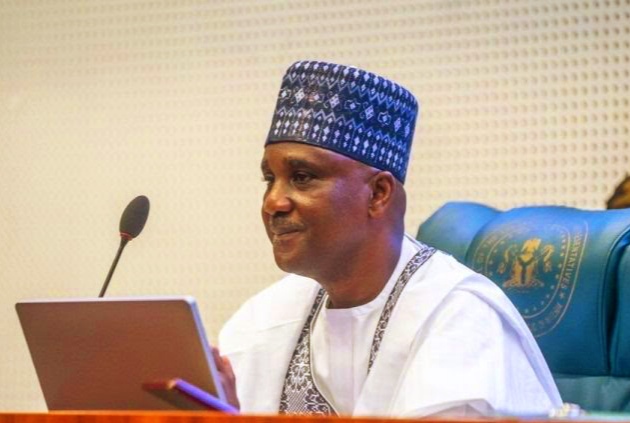The Speaker of Nigeria’s House of Representatives, Abbas Tajudeen, clarified his recent remarks about the nation’s public borrowing, emphasizing that he did not condemn it outright. Speaking at the 11th Annual Conference of the West Africa Association of Public Accounts Committees, Tajudeen highlighted Nigeria’s growing debt as a structural concern requiring urgent parliamentary oversight.
As of Q1 2025, Nigeria’s total public debt reached N149.39 trillion (~$97 billion), with a debt-to-GDP ratio of approximately 52%, surpassing the statutory limit of 40% set by law. Tajudeen called for strengthened mechanisms to ensure borrowed funds are used efficiently for national development.
His Special Adviser on New Media, Jowosimi Enitan, explained that the Speaker’s focus was on transparency, accountability, and effective utilization of resources, not a blanket criticism of borrowing. “Responsible public debt can drive growth and support infrastructure, healthcare, education, and innovation,” Enitan noted.
More Stories
President Bola Ahmed Tinubu’s revenue strategies were highlighted as a model for reducing dependence on external borrowing. Nigeria reportedly met its 2025 revenue target ahead of schedule, reflecting a stronger non-oil revenue base.
The Speaker emphasized that parliamentary oversight is critical for converting debt into tangible benefits for citizens, safeguarding the country’s financial future, and ensuring that every naira borrowed contributes to national development rather than waste.
- Key points:
- Nigeria’s debt stands at N149.39 trillion (~$97 billion) as of Q1 2025.
- Debt-to-GDP ratio is 52%, exceeding legal ceiling of 40%.
- Oversight and accountability are essential to prevent waste of public funds.
- Responsible borrowing can support infrastructure, healthcare, education, and innovation.
- Non-oil revenue growth reduces the need for external loans.
Parliament, citizens, and stakeholders are encouraged to collaborate in monitoring public debt to ensure sustainable economic growth and improved national development outcomes.

